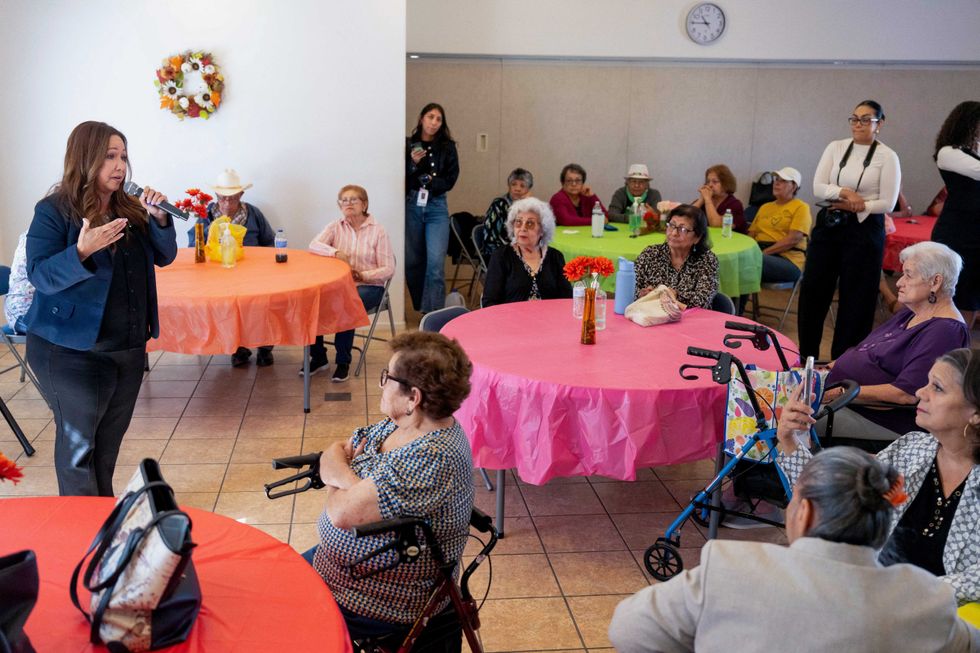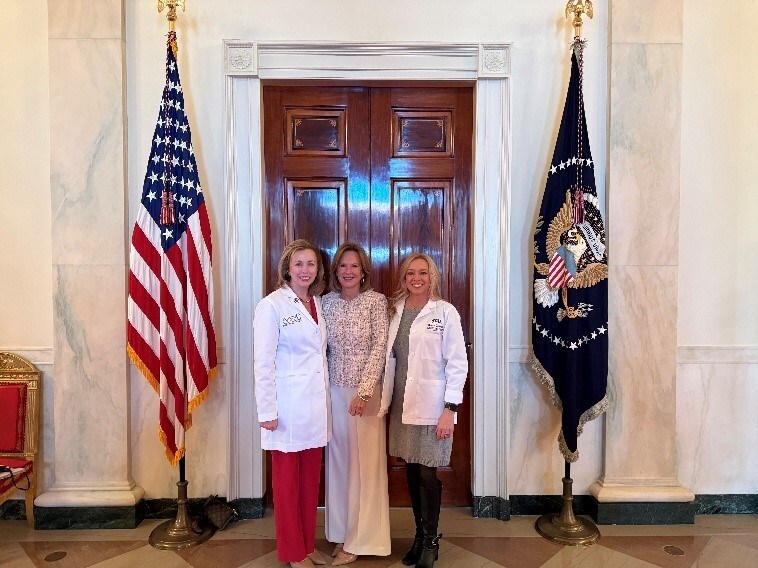Concerns over the reliability of Social Security are rising among older Americans, particularly women, according to recent focus group discussions conducted by AARP. Participants expressed significant doubts about their financial future, stating that they fear their benefits could diminish or disappear altogether.
During the focus group sessions held in March 2024, Dorothy B., a 74-year-old Democrat from North Carolina, voiced her apprehension, stating, “They’ll find a way to take it from you.” This sentiment was echoed by others, including Claudia C., a 65-year-old Democrat from Washington, who revealed that she decided to start receiving her Social Security benefits earlier than anticipated due to her concerns. “I could have waited until 70 or my full retirement age and gotten a lot more money. But I felt that I should take it now. At least I got the money now,” she explained.
In a clear indication of the widespread anxiety, all eight participants in the Democratic-leaning group acknowledged their worries about the future of Social Security. This uncertainty also crossed party lines, as Republican women over 65 expressed similar fears. In a GOP focus group, five out of eight women indicated they lacked confidence in the program’s future.
Amy M., a 70-year-old Republican from Missouri, highlighted the looming concerns by referencing a projected 2032 date when some experts predict significant cuts to Social Security benefits. She remarked, “Congress can’t seem to get on the same page about anything,” emphasizing her belief that efforts to stabilize the program are lacking.
Older women are particularly vulnerable to these shifts in sentiment. National data indicates that women generally receive lower Social Security payments than men, exacerbating their financial insecurity. This disparity is attributed to the gender pay gap, with women earning approximately 80 cents for every dollar earned by men. Additionally, women are often the primary caregivers in families, which can lead to interruptions in their careers and contributions to Social Security.
The impact of these discussions is significant. According to recent polling by AARP, confidence in the future of Social Security has declined by seven percentage points over the past five years. While older individuals receiving benefits typically exhibit higher confidence levels, the current focus group findings suggest a shift in attitudes that diverges from historical trends. About 65 percent of Americans over 65 reported feeling somewhat or very confident about Social Security in a recent survey, compared to only 25 percent of individuals aged 18 to 24.
Kathleen Romig, the director of Social Security and Disability Policy at the Center on Budget and Policy Priorities, noted that as people age, their confidence in Social Security typically increases. However, she expressed surprise at the pervasive uncertainty shared by focus group participants, suggesting it may be indicative of a broader decline in trust in governmental institutions.
The growing anxiety surrounding Social Security also aligns with economic conditions. Rising costs and inflation have heightened concerns among those who rely on Social Security for financial security. Jenn Jones, vice president of Financial Security and Livable Communities in Government Affairs at AARP, explained, “As costs have risen, you are starting to see a little bit more concern about [Social Security’s] future show up in the data from the same cohort who rely on it heavily for their financial security.”
Looking ahead, experts believe that while changes to Social Security for current beneficiaries are unlikely, the anxiety expressed by older Americans, particularly women, is justified. Romig emphasized the importance of acknowledging the diminished confidence in governmental capabilities to deliver on promises, especially in light of recent federal government challenges.
The discussions among focus group participants underscore a critical shift in attitudes towards Social Security, especially among older women. As they navigate their financial futures, the fears voiced in these sessions may reflect a broader sentiment of uncertainty prevalent in American society today. This story highlights the pressing need for policymakers to address these concerns and restore faith in a program that has long been a cornerstone of financial security for older Americans.
This report was produced in collaboration with The 19th, an independent newsroom dedicated to gender, politics, and policy reporting.







